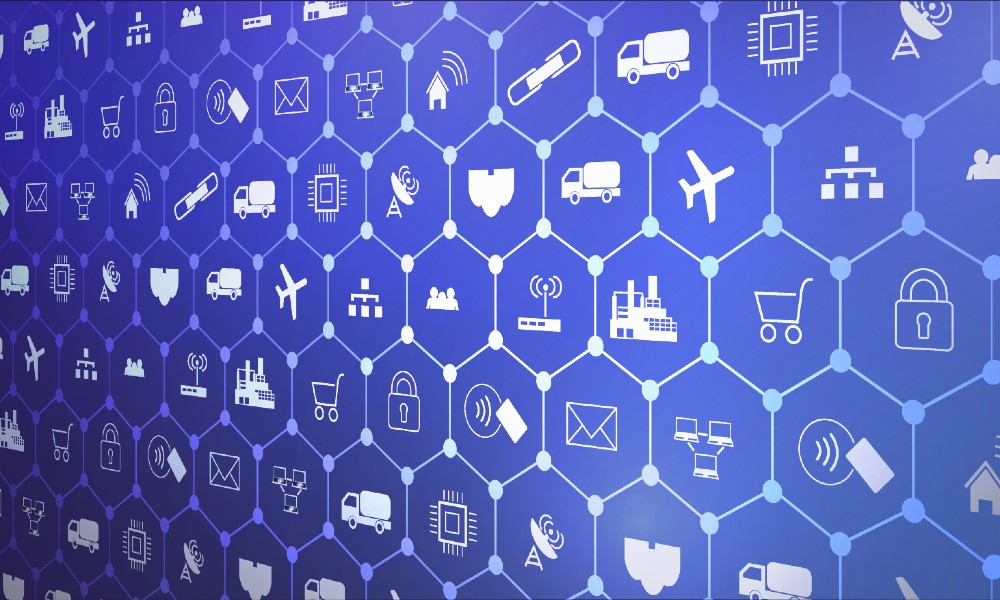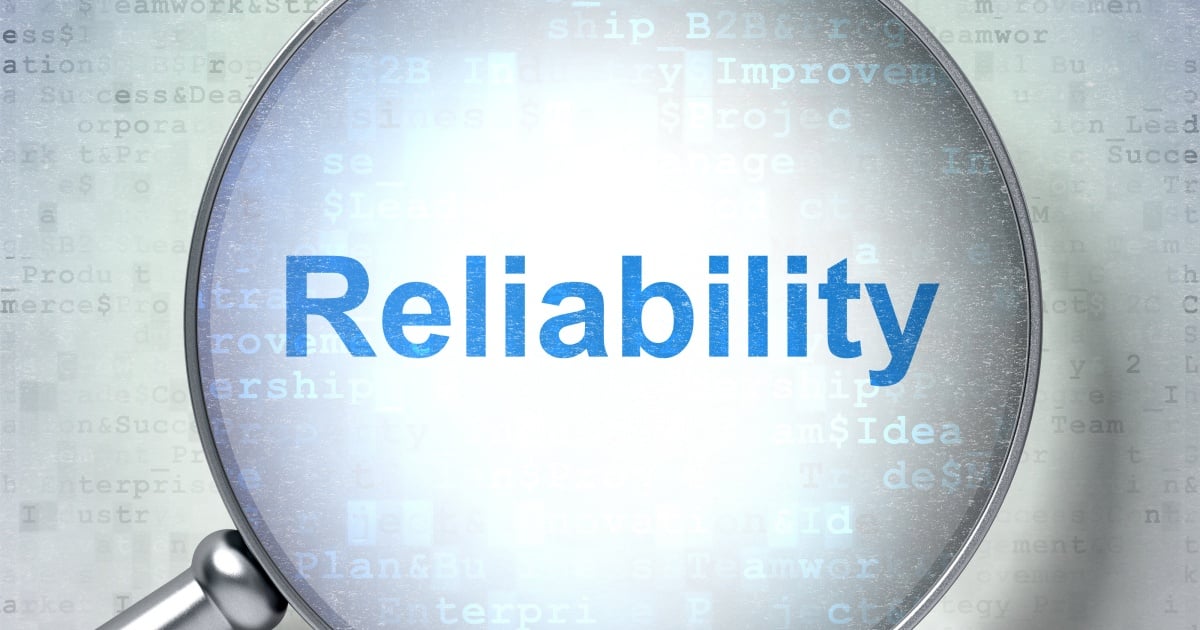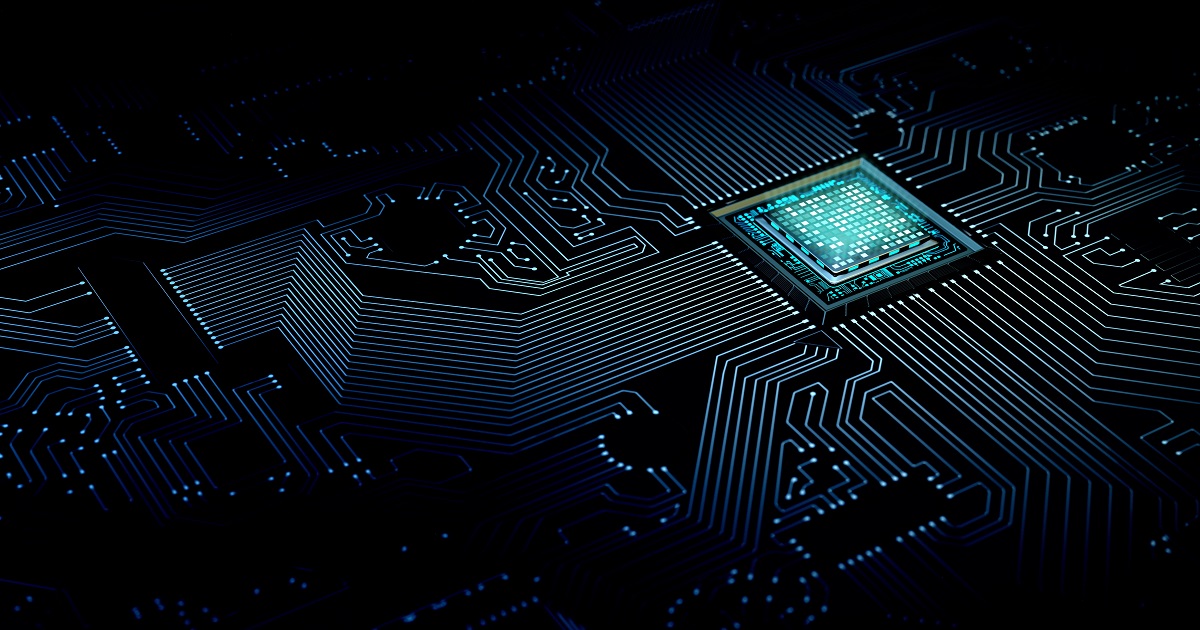
As the exceptional benefits of IoT and edge computing solutions continue to spur their rapid adoption within the industrial and Enterprise sectors, it has become paramount for companies looking to utilize these technologies to understand the opportunities and challenges they may face to mitigate failures and unnecessary costs.
To aid businesses pondering this, The Eclipse Foundation, one of the world's largest open-source foundations, has made available its 2021 IoT and Edge Commercial Adoption Survey Report, which derived feedback from over 300 IoT and edge professionals via an online survey. Taking feedback from a broad set of participants representing various industries, organizations, and job functions found that the top three IoT and edge operational challenges included:
- End-to-end IoT solution monitoring and management
- Device management
- Security
These issues will be felt on a growing scale as IoT and edge computing adoption accelerates. The Eclipse Foundation's survey states that of the 300 participants, 47% were currently deploying IoT solutions, and a further 39% planned to within the next 24 months. Additionally, 38% were utilizing edge solutions whilst an extra 46% planned to in the preceding 24 months.
"The most significant issue experienced is difficulties with end-to-end IoT solution monitoring and management," said Mike Milinkovich, executive director, Eclipse Foundation. "Without a comprehensive infrastructure in place, both physical and digital, deployment costs can unexpectedly rise, and the ongoing maintenance opex can become a challenge. Until the industry comes together with stronger frameworks and standards, implementations of end-to-end solutions which work on the edge and transmit data securely to the cloud may prove expensive and elusive."
As an example of a real-world case, the monitoring and management of every piece of equipment within a hospital environment is becoming increasingly important due to both the number of devices and loss of equipment, costing the National Health Service (NHS) huge amounts annually. To counter this, the NHS is looking to deploy end-to-end IoT solutions for tracking and monitoring assets.
Implementation of these solutions is proving more difficult than expected due to the age of the buildings owned by the NHS and the existing data/power infrastructure that is currently nowhere near sufficient.
Secondly, device management is becoming more challenging as operational difficulties grow due to networks becoming congested with various devices; this potentially negates the significant versatility gained through IoT and edge computing utilization.
"As IoT and Edge devices proliferate, the remote management of these assets can be especially challenging," said Jason Shepherd, VP Ecosystem, ZEDEDA, and Board Chair, LF Edge. "It's important to think through how to address real-world factors such as inherently heterogeneous hardware and software, resource constraints (especially for battery-powered devices), the need for autonomous operation, and how to make sure updates are 100% reliable.”
A third major issue for users is security; IoT and edge computing are relatively new spaces, with security vulnerabilities attributed to issues like hardware resource constraints, mixing legacy and greenfield technology, poor design standards, or lack of understanding from end-users who may be unaware or fail to keep their assets up to date. Combined with the sheer volume of devices at the edge, these vulnerabilities can result in a significant attack surface, especially with interconnected systems in the case of "pivot" attacks.
Given a shared interest in addressing these challenges, The Eclipse Foundation is collaborating with the Linux Foundation across several projects. Related communities include the Eclipse Foundation's IoT, EdgeNative, and Sparkplug working groups and the Linux Foundation's LF Edge organization. Each organization has projects that address critical needs for management and security in both the infrastructure and application planes. Example projects include Eclipse's ioFog, a community building out a framework for distributed Edge Computing Networks (ECNs), and LF Edge's Project EVE, a community building a universal Operating System (OS) for edge computing featuring a robust zero trust security model.
"With millions of IoT and edge computing-related devices and an influx of software and new edge platforms coming into the market, it is inevitable that manufacturers and end-users will struggle with management and security," Shepherd said. "Open-source collaboration is the modern way to drive standards, and we believe it's important for our communities to work together to provide tools and education in these areas."
"The myriad benefits associated with interconnected systems being accelerated by IoT, AI/MLand high-speed wireless services, including 5G at the edge, are too valuable to ignore," Mike Milinkovich, Executive Director at the Eclipse Foundation, said. "Innovation is one thing; commercialization is another. Future winners will be the vendors, service providers, systems integrators, and other ecosystem players who leverage open standards to address foundational challenges around interoperability, management, and security so they can focus their efforts on clear differentiation and operational excellence. Standards drive scale, and when business outcomes get better in the long run as solutions scale to support more locations or more applications in the same location, we will have made a measurable difference in improving the planet, communities, and people's lives. It's a worthy mission."
Arti Loftus is an experienced Information Technology specialist with a demonstrated history of working in the research, writing, and editing industry with many published articles under her belt.
Edited by
Luke Bellos





